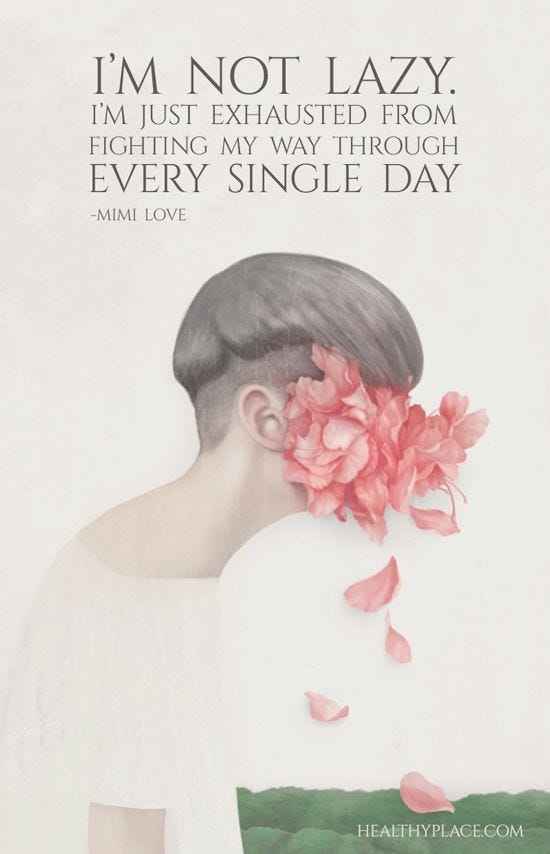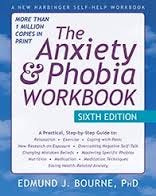What To Do When Anxiety Creeps In?

There are times when we feel like we are losing control of our lives and our negative thoughts have taken over. We worry about the past and we worry about the future but what we really need to truly focus on is what’s in front of us.
Our thoughts are very powerful. “Thoughts become things”, according to Mike Dooley, a New York Times Bestselling author, speaker and entrepreneur in the philosophical New Thought movement. What we believe conceive. Negative self-talks come from scripts or beliefs that we heard when we were growing up from teachers, parents, peers and society in general. Mistaken beliefs are the root of anxiety. Mistaken beliefs keep us from reaching our goals in life. We need to let go of these false beliefs and by practicing the exercises below, we can battle anxiety and have less stress in our lives (Bourne).
Follow these exercises to keep you more aware and mindful of your thoughts:
· Challenging your thoughts — when a negative thought starts to creep in, become aware of it and take a breath, and change the thought immediately or bring yourself to the present moment
· Saying “mantras” — when self doubt starts to creep in, tell yourself that you are doing your best and you are an expert of your life. Martha Beck has a mantra that is so beautiful, “ You are safe. You are infinitely loved. There is no way you can make a mistake.”
· Say a prayer — we cannot control everything, sometimes we just need to let go and let God.
· Listen or read positive things — The Gifts of Imperfection by Brene Brown is a good book to read, listen to Podcast while you drive or while you run or do chores or watch inspiring videos.
· Breathe — take a moment and breathe. Breathe when anxiety creeps in. Focus on your breathing while you run or do yoga. Breathe in for 4 seconds, hold for 6 seconds and exhale for 8 seconds. Set a reminder to take deep breathes every hour.

Which one are you or are you all of the above?
· Are you a worrier? — the worrier creates anxiety by imagining the worst-case scenario. It scares you with fantasies of disaster or catastrophe when you imagine confronting something you fear.
· Are you a critic? — promotes low self-esteem. The critic is judgmental and points out your flaws and limitations whenever she gets a chance. It thrives on every mistake you do and waits for you to fail all the time. It creates anxiety and by putting you down.
· Are you a victim? — promotes depression. A victim is someone who feels helpless or hopeless. It generates anxiety by telling you that you’re not making any progress. The victim thinks that there is something wrong with you — deprived, defective or unworthy. The victim tells you that you cannot achieve your goals.
· Are you a perfectionist? — it generates anxiety by constantly telling you that your efforts aren’t good enough, that you should be working harder, that you should always have everything under control, you should alway be competent, you should always be pleasing, you should always be ___________.
Source: From Anxiety & Phobia Workbook by Edmund J. Bourne, PH.D.

What to do:
· Countering Negative Self-Talk — positive and supportive statements by writing down and rehearsing positive statements that invalidate the self-talks. How? By keeping it present and positive. Use “I” statements. You have to believe in it and practice it. (you’re retraining your brain so practice makes it easy and creates a new positive habit in the future)
· Don’t say — “what if” or other negative self statements
· Use or say — “I can handle this”, “I can be anxious and still do this”, “I know this anxiety will pass”, “I am okay the way I am”, “I deserve the good things in life as much as anyone else”, “I accept and believe in myself”, “I don’t have to be all better tomorrow”, “I can make progress one step at a time”, “I am willing to see the glass half full”, “It’s never too late to change”, “It’s okay to make mistakes”, “I’m doing my best”, “My needs and feelings are as important as anyone else’s”, “I don’t have to always be”, “Setbacks are part of the process and a learning experience”.
From The Anxiety & Phobia Workbook.
They may sound hokey or you may think it may not work but you are re-training your brain.
Reflection for you to do:
Ask yourself these questions and write them down. What is it that I really want out of life? What would I attempt to do if I knew I could not fail?
